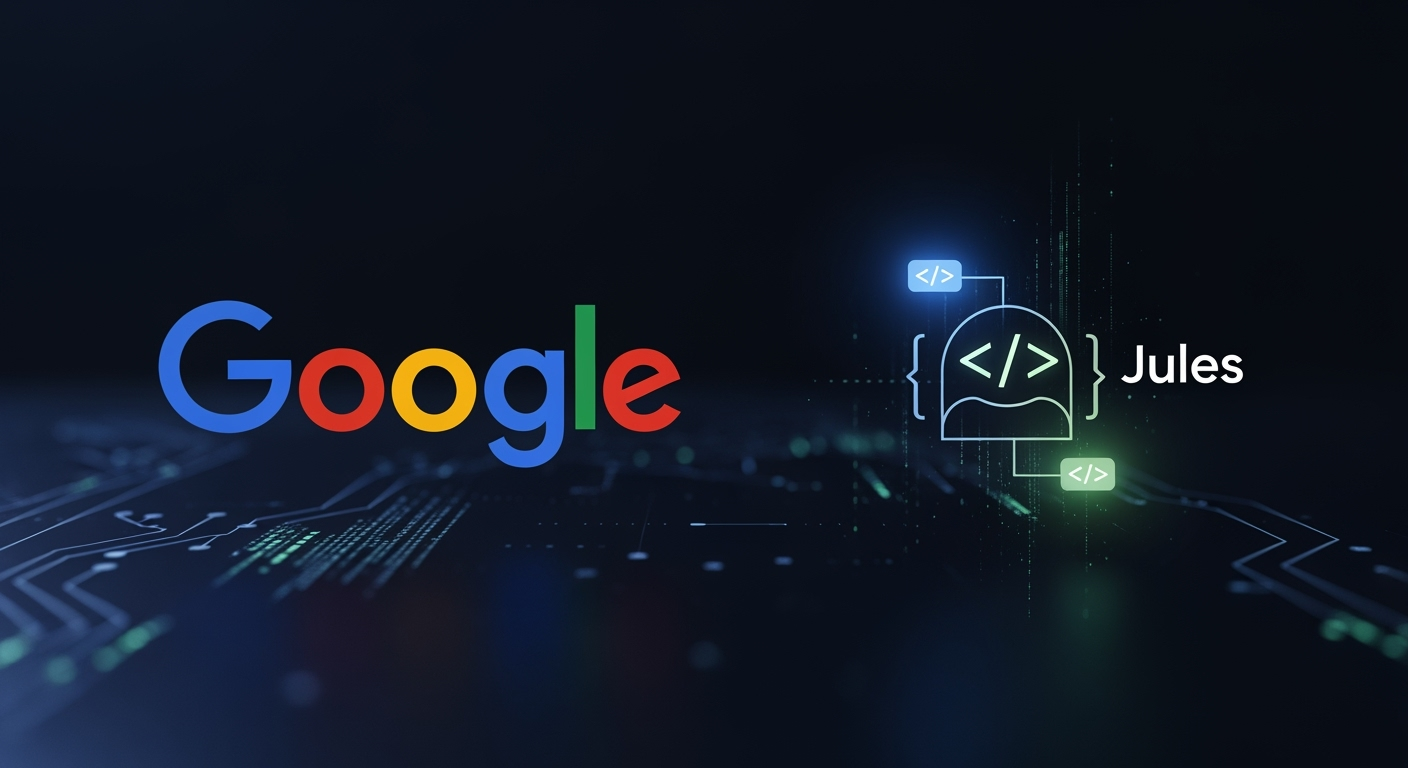Google Launches Jules: AI Coding Agent Now Officially Available

Google Launches Jules: AI Coding Agent Now Officially Available
Google has officially released its AI-powered coding agent, Jules, marking its transition from beta testing to general availability just two months after its initial public preview. Jules is designed to streamline and automate coding tasks, giving developers more time to focus on complex aspects of their projects.
What Is Jules and How Does It Work?
Jules is powered by Gemini 2.5 Pro, Google’s advanced AI model. Unlike traditional coding assistants, Jules operates asynchronously in a virtual environment. It integrates directly with GitHub, clones codebases into Google Cloud virtual machines, and autonomously fixes or updates code. This means developers can delegate tasks to Jules and step away, returning later to completed work—a unique "extra set of hands" compared to synchronous tools that require ongoing user input.
Key Features and Improvements
- Deeper GitHub Integration: Jules can automatically open pull requests and branches, streamlining the code review process.
- Environment Snapshots: Save dependencies and install scripts as a snapshot for faster, more consistent task execution.
- Multimodal Input: Support for various input types, making it easier to interact with code and issues.
- Reuse of Setups: Faster execution by reusing previous configurations.

Pricing and Access
With its public launch, Google introduced new pricing tiers for Jules:
- Introductory Free Plan: Up to 15 individual daily tasks and three concurrent tasks (reduced from 60 during beta).
- AI Pro Plan: $19.99/month with 5x higher usage limits.
- Ultra Plan: $124.99/month with 20x higher limits.
These tiers are designed based on real-world usage data collected during the beta period. The free plan helps users evaluate Jules on actual projects before committing to a subscription.
Privacy Policy Updates
Google has updated Jules’ privacy policy to clarify how data is used for AI training. Public repositories may be used to train the AI, while private repositories remain strictly confidential—no data from private repos is sent for training.
User Adoption and Early Insights
During its beta phase, Jules saw strong engagement, logging over 2.28 million visits worldwide. Notably, 45% of traffic came from mobile devices, even though Jules does not yet have a dedicated mobile app. India, the U.S., and Vietnam led in user numbers.
Jules was originally designed for users with existing codebases, but feedback prompted Google to allow usage even with empty repositories—broadening its reach to more users, including those new to AI coding tools.
How Jules Stands Out
Unlike competitors such as Cursor, Windsurf, and Lovable, which work synchronously and require constant user interaction, Jules operates independently on cloud-based virtual machines. Developers can initiate tasks, disconnect, and return later to find them complete—making Jules particularly attractive for both professional developers and AI enthusiasts.
Looking Ahead
Google is already using Jules internally and plans a broader rollout across more projects. The product team is also exploring mobile-focused features in response to growing mobile usage trends.





